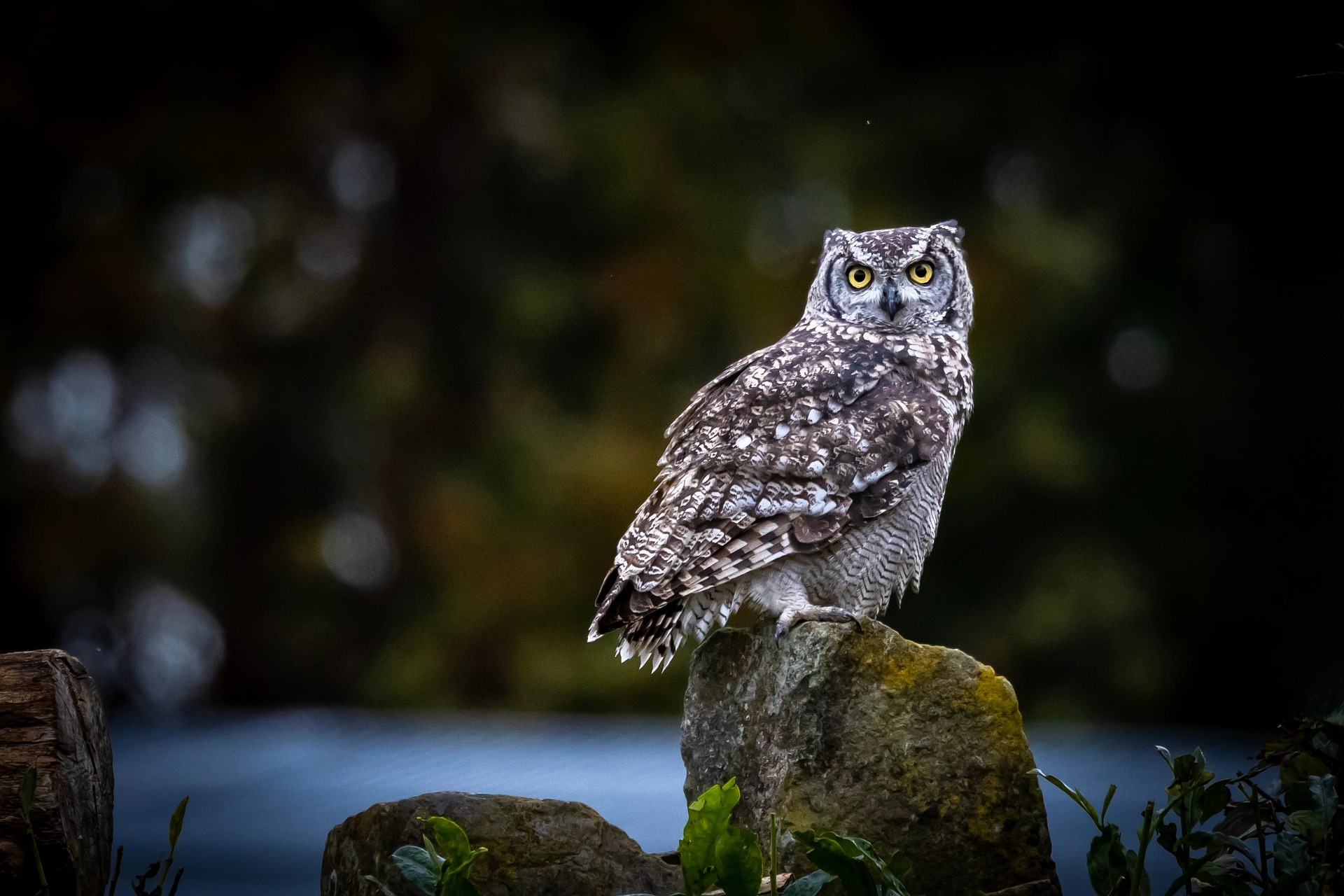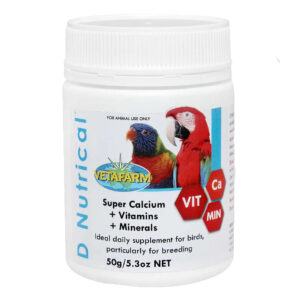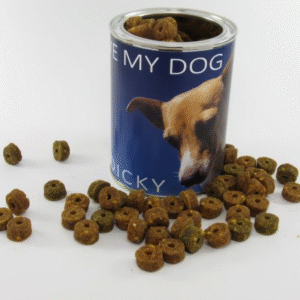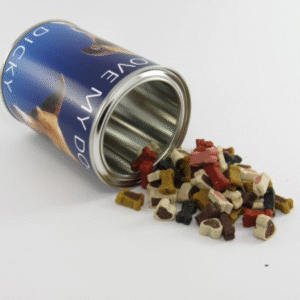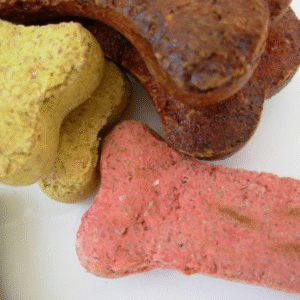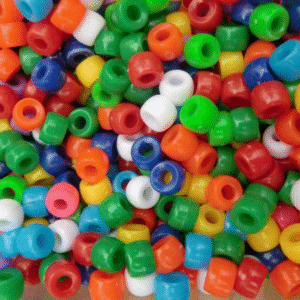Owls are fascinating creatures known for their mysterious nature, sharp talons, and stunning nocturnal beauty. Whether you’re caring for a pet owl or rehabilitating an injured one, providing the right environment, diet, and care is essential for their well-being. Here are some essential tips to help ensure your owl stays healthy, comfortable, and happy.
Provide a Spacious and Secure Enclosure
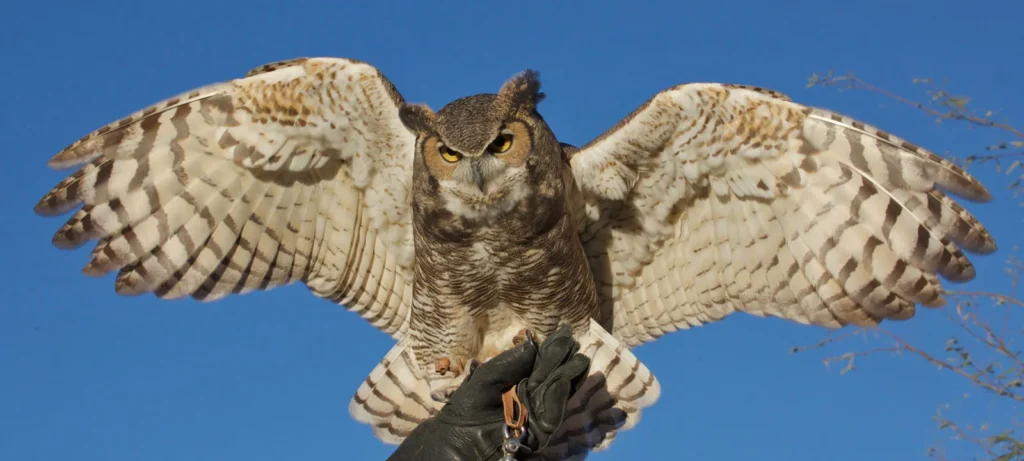
Owls are solitary, territorial birds, and they need a spacious, secure environment to feel safe. If you’re housing an owl as a pet or in captivity, make sure to provide them with a large enclosure. The cage should be tall enough for them to spread their wings fully (around 6 feet high or more). It should also be wide enough for them to fly short distances and perch comfortably.
Their enclosure should also be safe, with no escape routes. Ensure that the bars are close enough together to prevent the owl from getting its head through them. The floor of the cage should be covered with soft bedding, such as straw or pine shavings, to mimic their natural environment.
If possible, give your owl access to an outdoor aviary so they can experience natural sunlight and fresh air. This also allows them to engage in natural behaviors like perching, hopping, and flying, which is crucial for their health.
Maintain Proper Temperature and Environment
Owls are adapted to their natural habitats, so it’s essential to mimic their environment as closely as possible. Depending on the species, owls are often found in temperate or cold climates, so they can tolerate cooler temperatures but should be kept in a comfortable range. Most owls do well in temperatures between 60°F and 80°F (15°C to 27°C). Avoid exposing your owl to extreme heat or cold, as they are sensitive to temperature fluctuations.
Keep the owl’s living space dry and well-ventilated to prevent respiratory problems. If you’re keeping your owl indoors, make sure the room is draft-free and quiet, as owls prefer calm, secluded environments.
Offer a Proper Diet
Owls are strict carnivores and require a diet high in protein. In the wild, they hunt small mammals, birds, and insects, but in captivity, you’ll need to provide them with a carefully balanced diet. Here’s what you should include:
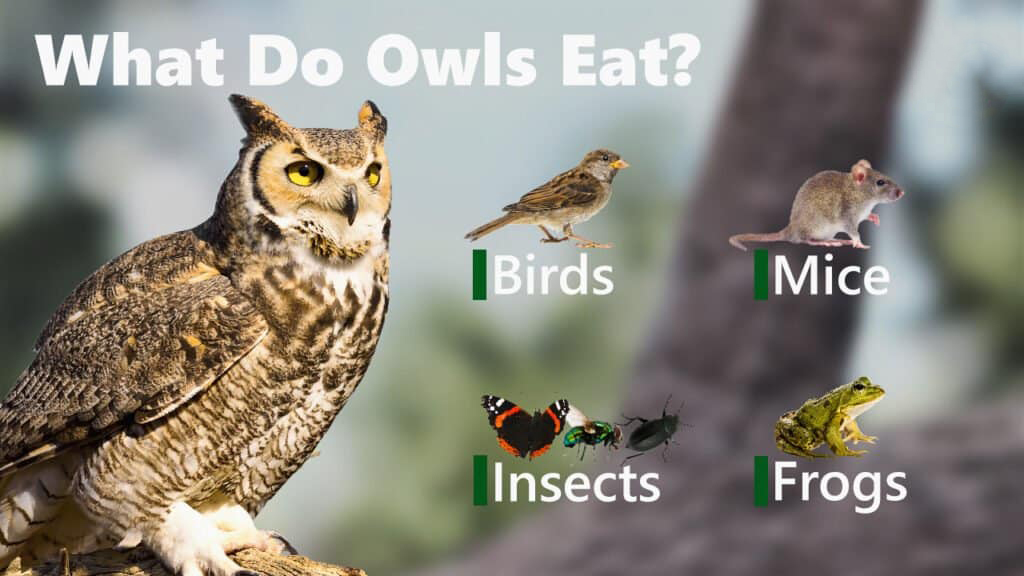
The best diet for an owl is whole prey. This includes rodents like mice, rats, and rabbits. Whole prey provides essential nutrients like calcium, fat, and vitamins that are crucial for your owl’s health.
If you can’t provide whole prey, you can offer fresh or frozen meat like chicken, quail, or turkey. Be sure to include bones, feathers, and fur as they help mimic the natural diet.
In some cases, you may feed your owl specialized diet pellets designed for birds of prey. However, this should be used as a supplement and not a primary food source.
Always provide clean, fresh water for your owl. They do not drink as much water as other birds, but access to clean water is crucial for hydration.
Do not feed your owl anything that could be harmful, like processed meats, sugary foods, or avocados, as these can be toxic to birds.
Perches and Enrichment
Owls spend most of their time perched in the wild, so it’s important to provide appropriate perches in their enclosure. These should be sturdy, safe, and made of natural materials like wood or branches. The perches should vary in size and height to give your owl options to choose from.
Owls are also intelligent and curious creatures that require mental stimulation. Enrich their environment by providing objects to interact with, such as toys, foraging opportunities, or hidden food. You can hide their meals around the cage or aviary, encouraging them to hunt and use their natural instincts.
Important Note: Avoid perches made from smooth plastic or metal that could hurt your owl’s talons or feet. Natural branches with uneven surfaces are ideal for keeping their feet healthy.
Regular Health Check-Ups
Owls need regular health checks to ensure they’re thriving in captivity. Schedule annual visits to an avian veterinarian who is experienced with birds of prey. Owls can suffer from health problems related to their diet, environment, or improper care, so it’s essential to monitor their health.
Some common health concerns for owls include:
Feeding your owl a balanced diet and not overfeeding them will help avoid obesity, which can lead to other health issues.
Poor ventilation, drafts, or improper humidity levels can lead to respiratory infections, so keep the environment clean and dry.
Regular grooming may be necessary to keep their feathers and talons healthy. Some owls may require beak or talon trimming, but it should be done by a professional.
Allow Nighttime Rest
As nocturnal birds, owls are most active during the night. It’s important to respect their natural sleep cycle. Provide a dark, quiet place for your owl to rest during the day. If they are kept indoors, ensure that their enclosure is in a low-light environment where they can sleep undisturbed. Avoid bright lights or noise during their resting hours.
If you want to observe your owl, make sure to do so when they’re awake at night. They may be stressed if constantly disturbed during their sleeping hours, so it’s crucial to respect their need for quiet rest.
Handle With Care and Patience
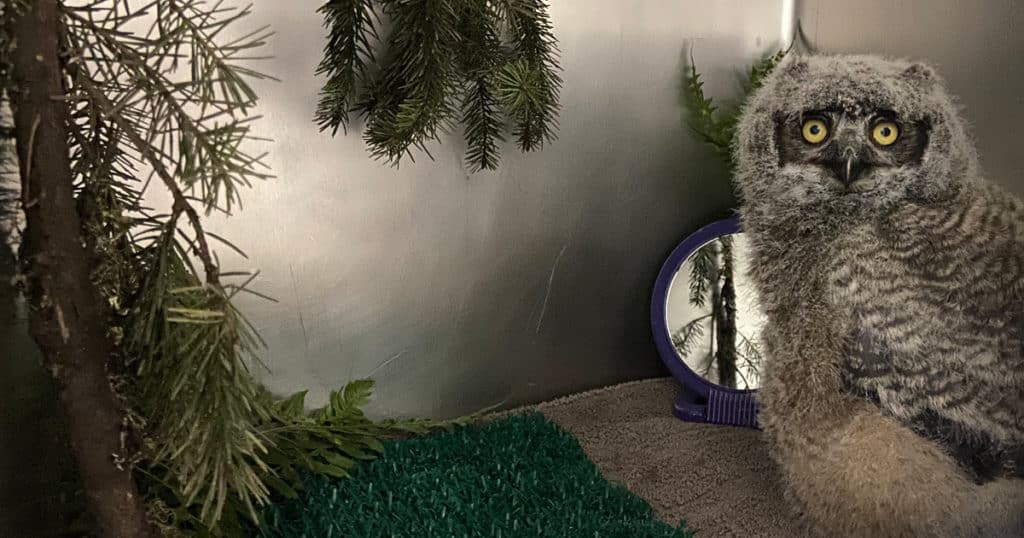
Owls are generally not social birds and may become stressed if handled too frequently. While they can bond with their caregivers, they don’t enjoy being pet or carried like other pets. If you must handle your owl, do so gently and calmly, and always provide proper support under their body, particularly their chest. Use thick gloves or protective gear if necessary, as owls have strong talons that can injure you.
Prevent Stress and Loneliness
Owls can become stressed if they are left alone for too long or if their living environment is constantly changing. Avoid sudden changes in their surroundings, as they can easily become agitated. Make sure they have a quiet, comfortable space where they can retreat when they feel overwhelmed. If you’re caring for an owl in rehabilitation, ensure they are monitored regularly for any signs of stress, illness, or injury.
Allow Flight Time (When Possible)
If your owl is in a large, outdoor aviary or if you have the space, allowing them time to fly is incredibly beneficial for their physical and mental health. Flight helps them exercise their wings and maintain muscle strength, which is crucial for their well-being. If you’re caring for a pet owl indoors, however, flying opportunities may be limited, but providing the largest possible space and engaging in interactive activities can still promote healthy behavior.
Conclusion: A Special Bond with Owls
Owls are awe-inspiring and fascinating birds that make incredible companions when cared for properly. Providing the right space, diet, and environmental conditions is essential to ensure your owl stays healthy and comfortable. By respecting their natural instincts and maintaining their well-being, you can enjoy a long and enriching relationship with these majestic birds.

